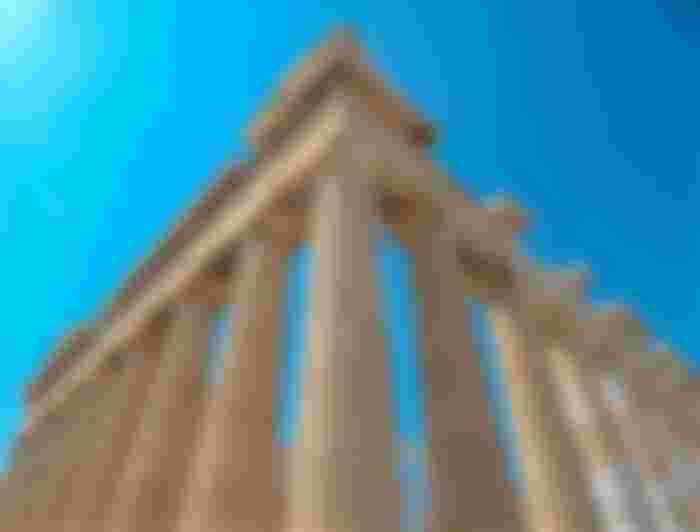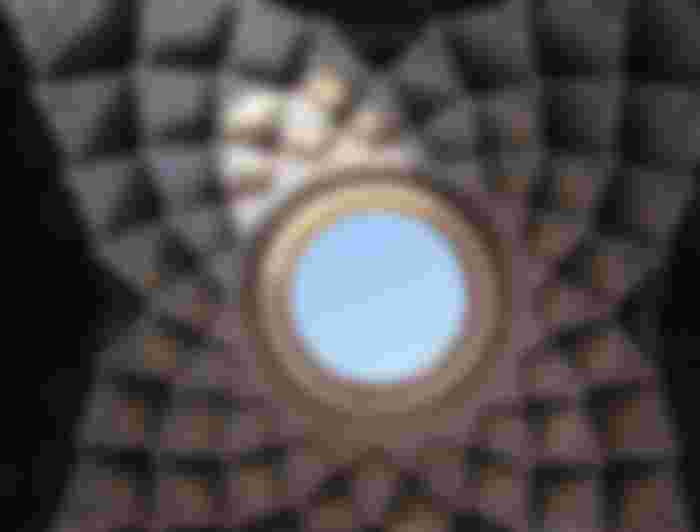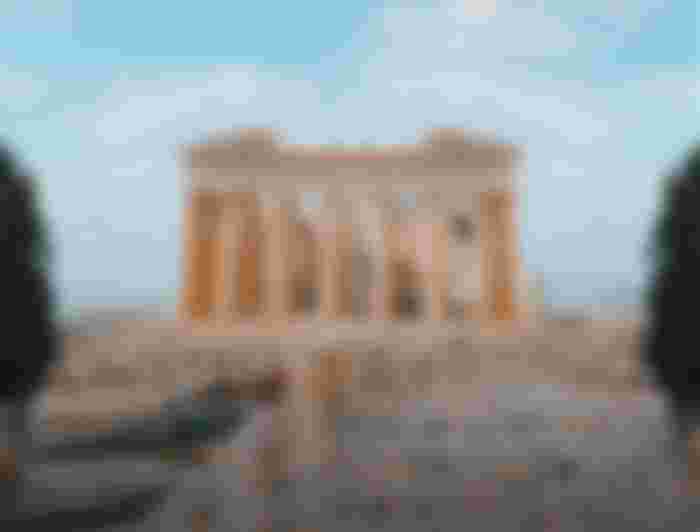Today, the concept of civilization is not considered a modern concept, rather it is a concept that has been in ancient times since the history of man’s existence on this earth. For there is no civilization without a person, no human being without history, and no civilization that does not belong to history. As civilization is part of history, and every civilization has its specific history, and every person has his civilization. Civilization is the face of the other for mankind. It shows the extent of its strength, weakness, and progress.

Definition of civilization
Civilization was defined by many definitions by anthropologists, so Ralph Beddington said that the civilization of any people is nothing but a package of intellectual and material tools that enable this person to fulfill their social and vital needs by satisfying them and also enable them to adapt in their environment appropriately.
Also, Edward Taylor defined civilization as the whole that gathers within it all beliefs, values, traditions, laws, information, arts, and any habits, behaviors, or capabilities that an individual in a society can have. In the end, civilization can be defined as the material and intangible legacy of a man that he left in the past, and upon which man relied on to complete his life course and his current progress, whether they were intangible aspects such as lifestyle, daily living, science, knowledge, or material tools and means that remained a trace of his existence such as structure, Coins, and various handicrafts; Such as porcelain, pottery, and others.

The emergence of civilizations
The emergence of civilizations began on tribal foundations, as they derived their duration from the strength of the bond of blood and kinship, thus the tribe formed an urban sphere with many patterns and customs of its own that regulate the behavior of its members in a single social pattern. Then it began to evolve from the tribal domain to the religious domain, which in turn included many tribes.

Then it developed into the political spectrum that contributed to the merging of isolated groups with others. Throughout history, several theories have been formed about the emergence of civilizations, and we will review the most important of these theories in what follows.
Environmental theory
This theory determines the importance of environmental factors in the emergence and formation of civilizations, and this theory was introduced to the world in the fifth century BC, and many Greek thinkers have spoken about it as they said the effect of place, water, and the atmosphere on man in his thinking and the nature of his creation.

This theory also specifies some of the basic conditions for the establishment, growth, development, or decline of civilizations, including the presence of rain, the nature of the soil in terms of its suitability for agriculture, the rise or fall of temperatures, and the nature of the geographical location.
Ibn Khaldun's theory
Gave Ibn Khaldun a special analysis in the development of civilizations, and touched on the impact of the environment is obvious in the biological human qualities, which determines their impact on the habits and Slokath, and his mind, and decisions, where he said that the climate and an important role as President in the matter; If the climate in a region is hot, it will generate ideas, customs, and traditions of a solid and hot nature, but if it is moderate, for example, it will result in moderate ideas and traditions, and so on. Ibn Khaldun also described the man as a civil being by nature and called for the importance of sociology and the nature of relationships between human beings that lead to the emergence of systems that govern societies.
Fico's theory
The Italian philosopher Jean Battista Vico admits that there must be specific and unified laws that contribute to the formation of nations and peoples, and these laws are felt by a class of people or a class of a nation or people, without one of them being aware of the other.

These laws do not come through the mind, but rather from the "common good" to "judgment without thinking." Fico also says that there were no rationalists or philosophers before civilization and the state existed, opposing the theory of rational philosophers who say that society was brought about and made by rational people.
The theory of gender or race
Oswald Tsinglu came up with this theory, in which he interprets history according to the causation and the revealing fate, and said that the emergence of civilizations passes through stages similar to the stages that humans go through. It is considered that the gender factor based on the biological and functional difference between male and female is the basis for evaluating work that takes place within society.

Oswald also says that each culture and civilization has something that distinguishes it and what gives it its chart no one competes with and expresses its peculiarity, even if all civilizations are similar similarly in their life cycle from barbarism to primitive and then to civil, to reach the stage of origins; It is the stage that comes with the accumulation of technology, and the fall of emotional and spiritual values, and finally ends with a radical stage of life. At the pAt represent, ed, this theory is not useful and has historically fallen. Where research and scientific studies have proven that the human race in terms of biological composition is one case and that of languages of one origin doesn't mean the assumption of the same gender. Likewise, the element is not what makes civilization. Rather, civilization arises under certain conditions, including environmental, economic, and other conditions.
Challenge-response theory
This theory, advanced by the British historian Arnold Toynbee, is concerned with the religious civilization aspect, as it says that difficult circumstances are what establish civilizations in response to harsh challenges, where civilizations do not appear as a result of a specific geographical environment, nor talents. And biological.

Civilization and culture
Culture is generally defined as the givens and concepts brought about by the religious belief that prevails over a society, whether that religion is heavenly or non-heavenly; Where these data and concepts constitute the hidden aspects of culture, such as emotional matters and spiritual fields, as for the visual aspect of culture such as the literary, intellectual and artistic product, it is greatly affected by culture.

There are several differences between the concepts of civilization and culture :
Culture is a will and a perception, and civilization is a final result and tangible impact.
Culture is a general description of the individual, and civilization is a description of the nation.
Civilization is shaped and clarified in many systems, such as political systems, for example, and in various inventions, industries, and sciences, as for culture, it is evident in philosophies, languages language sure, and the human sciences in general.







